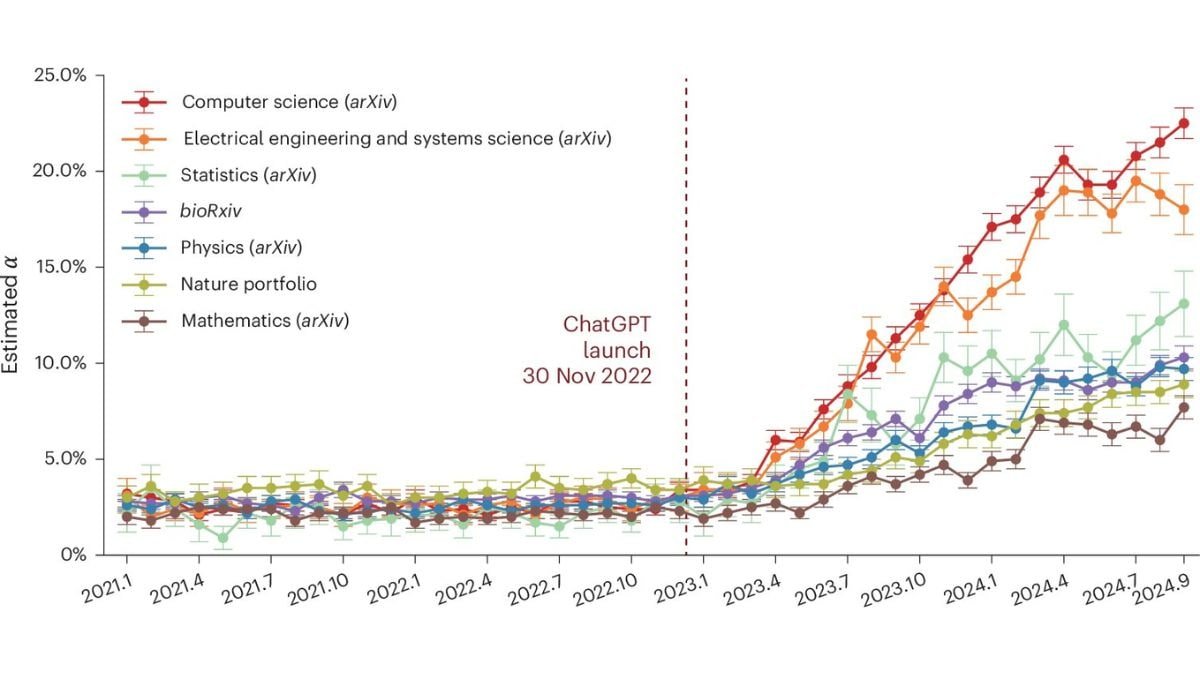OVER three-and-a-half years since their arrest by the Enforcement Directorate (ED), two Nagpur-based lawyers, brothers Satish and Pradip Uke, were granted bail by a special court on Tuesday. The court said that without going into the merits of the case, the two can be granted statutory bail, as they have undergone more than half of the maximum punishment–seven years–under the Prevention of Money Laundering Act, with the trial yet to begin.
Special Judge R B Rote granted the two bail on furnishing sureties of Rs 2 lakh, along with other conditions.
The men were arrested on March 31, 2022, with the ED alleging that the two were involved in generating proceeds of crime on the basis of false and forged documents of properties in Nagpur. The ED alleges that the proceeds were used for selling the land for projecting tainted money as untainted. The Uke brothers had also raised the issue of jurisdiction of the court, stating that since the case pertains to Nagpur, which has a special ED court, it should be transferred there. This issue is currently pending before the Bombay High Court.
The two, who argue in person, had sought to be released under Section 436A of the Criminal Procedure Code, which has provisions for bail to an accused who has spent more than half of the maximum imprisonment under the sections he has been charged with. They also submitted that the right to a speedy trial is a fundamental right of the accused and they have been in prison without the prosecution opening its case.
The ED had opposed bail to them stating that they had delayed the trial due to various applications filed before the court and were involved in a ‘serious offence’.
The special court on Tuesday said that the connected case based on which the ED has filed its case is pending before a court in Nagpur. “In such circumstances, it is difficult to decide the matter expeditiously,” the court said.




